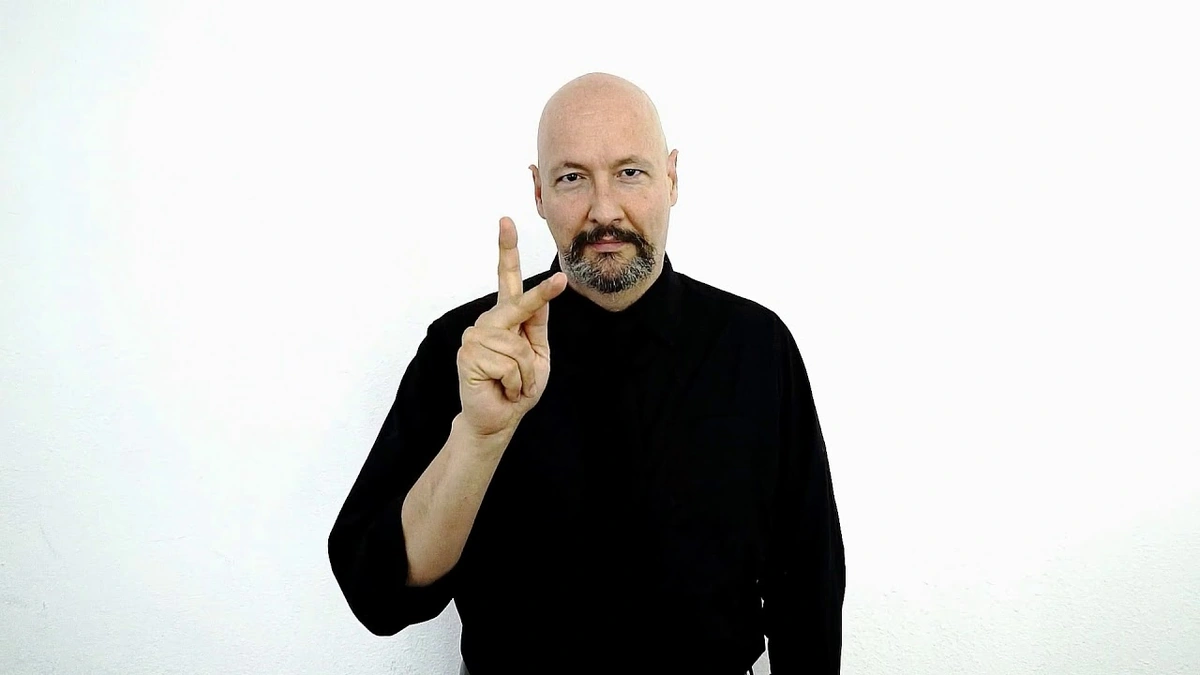“ Ok.” It’s a word so ubiquitous, so woven into the fabric of our daily interactions, that we barely give it a second thought. But here’s the thing : ‘ok’ is far more complex than it appears on the surface. It’s a linguistic chameleon, adapting its meaning to the context, the tone, and even the relationship between the speakers. What fascinates me is how such a simple word can carry so much weight. So, lets unravel this seemingly simple word and understand when it is appropriate to say “Ok”.
The Surprising History of ‘Ok’

Before we dissect its modern usage, let’s take a quick trip down memory lane. The story of ‘ok’ is, surprisingly, quite colorful. As Wikipedia details, it emerged in 1839 as a jokey abbreviation for “oll korrect,” a deliberately misspelled version of “all correct.” But , why did this particular abbreviation stick? That’s where things get interesting. Its popularity exploded thanks to its use by the Democratic Club during Martin Van Buren’s reelection campaign. “ok” was an abbreviation for “Old Kinderhook”, Van Buren’s birthplace.
‘Ok’ as a Power Play
Let’s be honest: ‘ok’ can sometimes be a passive-aggressive grenade disguised as a simple acknowledgment. Think about it. How many times have you received a curt “ok” in response to a carefully crafted message? What about the times people use okey-dokey ?
I initially thought this was straightforward, but then I realized the nuances are what make all the difference. When someone uses “ok” sparingly, it can feel dismissive. As per many communication experts, this use of ‘ok’ often signals a power imbalance or a lack of engagement. It’s like saying, “I’ve heard you, but I’m not particularly interested.”
‘Ok’ as a Tool for Agreement
Of course, ‘ok’ isn’t always negative. It can be a simple, efficient way to signal agreement or understanding. In many situations, it’s the perfect, neutral response. Think of a busy workplace, where efficiency is key. In the workplace and according to business etiquette, the use of “ok” can be appropriate in specific situations: confirming instructions, acknowledging tasks, agreeing to a proposal, or signifying comprehension during a conversation.
But the key here is context. If your boss asks you to complete a task by the end of the day and you respond with “ok,” it’s generally understood that you’ve acknowledged the request and will complete it. This is an ideal use of the word.
The Global ‘Ok’ | A Word Without Borders
What fascinates me, even more, is the globalization of ‘ok’. It’s a word that has transcended linguistic boundaries, becoming universally understood across cultures. While the origin is purely American, the word has gained popularity across several cultures. According to the EF English Live report, “ok” joins the ranks of other globally recognized terms like “taxi” and “hotel”, effortlessly finding its place in the global vernacular. The fact that you can travel almost anywhere in the world and use ‘ok’ without causing confusion is a testament to its simplicity and adaptability. The adaptability of such a small word is what makes it so useful.
FAQ About ‘Ok’
Is it ever unprofessional to use ‘ok’ in an email?
It depends on the context and your relationship with the recipient. In formal settings, a more elaborate response might be better.
What’s the difference between ‘ok,’ ‘okay,’ and ‘okey-dokey’?
‘Okay’ is simply a longer, more formal version of ‘ok.’ ‘Okey-dokey’ is a playful, informal variant.
Can the tone of ‘ok’ change its meaning?
Absolutely! Tone is everything. A cheerful “ok!” sounds very different from a terse “ok.”
Is ‘ok’ used differently in other cultures?
While generally understood, some cultures might have preferred alternatives or perceive its directness differently. Research the culture you will be visiting.
When should I avoid using ‘ok’?
Avoid using ‘ok’ when a more thoughtful or detailed response is required, or when dealing with sensitive topics. Avoid saying ” Ok, Boomer”.
In conclusion, the simple word, ‘ok’ is a multifaceted tool of communication. When the use of “ok” is thought-out and deliberate, it will improve the way you communicate with others.




